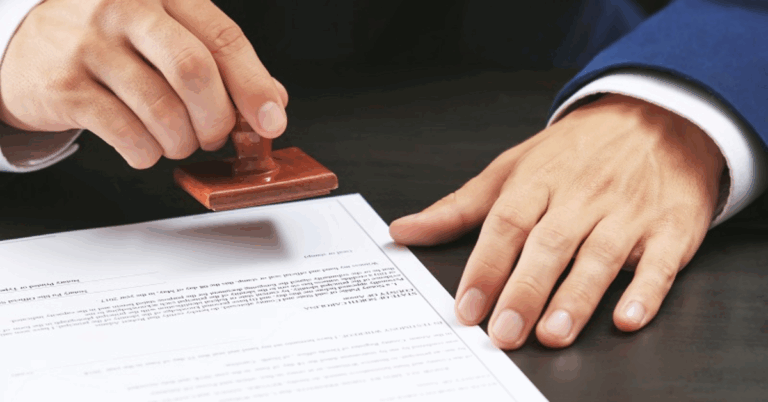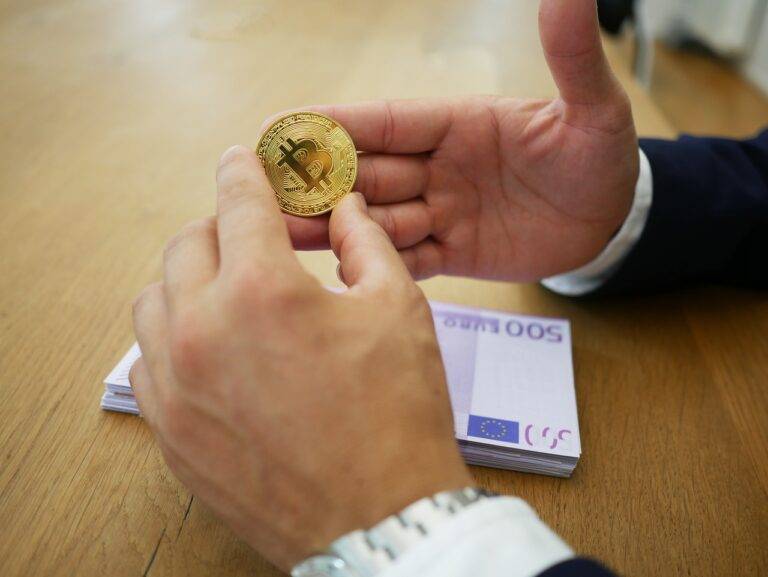The Psychology of Consumer Impulse Buying: Understanding Triggers
Impulse buying refers to the act of making unplanned purchases, often driven by sudden urges or impulses. This type of shopping behavior typically occurs without much forethought or rational decision-making, leading individuals to buy items on a whim. It is characterized by the spontaneous nature of the purchase, where emotions and impulses take precedence over logical thinking.
Consumers engaging in impulse buying may be influenced by various factors, such as marketing tactics, peer pressure, or emotional triggers. The urge to buy something impulsively can stem from a desire for instant gratification, the need to fulfill an emotional void, or simply the excitement of making a spontaneous purchase. As a result, impulse buying can lead to overspending, buyer’s remorse, or acquiring items that were not truly needed or valued.
Understanding the Emotional Drivers Behind Impulse Purchases
Impulse buying is often driven by emotional triggers rather than logical reasoning. Emotions such as excitement, happiness, or even boredom can prompt individuals to make spontaneous purchases without carefully evaluating the necessity or practicality of the item. Retailers capitalize on these emotional impulses by creating a sense of urgency or scarcity through limited-time offers or exclusive deals.
Furthermore, the desire for instant gratification plays a significant role in impulse buying behavior. The immediate pleasure derived from acquiring something new can override the rational decision-making process. Marketers leverage this need for instant satisfaction by showcasing products as solutions to enhance one’s mood or fulfill a desire quickly. Understanding these emotional drivers behind impulse purchases can help individuals become more aware of their shopping habits and make more mindful buying decisions.
The Role of Marketing and Advertising in Triggering Impulse Buying
Marketing and advertising play a crucial role in triggering impulse buying behavior among consumers. Through strategic placement of ads and product promotions, companies are able to create a sense of urgency and FOMO (fear of missing out) in customers. This often leads individuals to make spontaneous purchases without fully considering the consequences.
Moreover, the use of persuasive techniques such as limited-time offers, flash sales, and celebrity endorsements further intensifies the emotional appeal of products. By tapping into consumers’ desires for instant gratification and status, marketing campaigns are able to drive impulsive decision-making. As a result, individuals may end up purchasing items they don’t necessarily need or budget for, solely based on the compelling messaging put forth by companies.
• Limited-time offers and flash sales create a sense of urgency
• Celebrity endorsements enhance the emotional appeal of products
• Marketing campaigns tap into consumers’ desires for instant gratification and status
What is impulse buying?
Impulse buying refers to the act of making a purchase without much prior thought or planning. It is often driven by emotions and the desire to fulfill an immediate urge or need.
How do emotions influence impulse purchases?
Emotions play a significant role in impulse purchases as they can trigger impulsive behaviors and decision-making. Marketers often use emotional appeals in advertising to tap into consumers’ feelings and create a sense of urgency or desire for a product.
What tactics do marketers and advertisers use to trigger impulse buying?
Marketers and advertisers use a variety of tactics to trigger impulse buying, such as creating a sense of scarcity, offering limited-time deals, using persuasive language, and appealing to consumers’ emotions through visuals and storytelling.
Can impulse buying be controlled?
While impulse buying can be difficult to control, consumers can take steps to minimize the likelihood of making impulsive purchases. This includes creating a budget, making shopping lists, and avoiding situations where impulse buying is more likely to occur.
How can businesses benefit from triggering impulse buying?
Businesses can benefit from triggering impulse buying by increasing sales, driving revenue, and creating brand loyalty. By understanding the emotional drivers behind impulse purchases, businesses can tailor their marketing and advertising strategies to effectively target and engage consumers.







